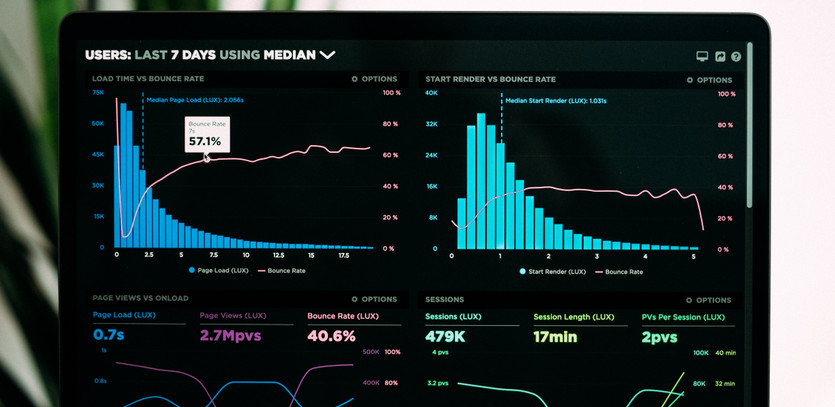Heightened Concerns over China's Economy Affect Oil Prices
Fears over China’s economic well-being have led to a retreat in oil prices, even after they reached an all-month high. This occurred despite an impending global supply versus demand deficit and an escalating risk to supply. These economic fears have overcome the geopolitical risk pitted against financial risks in the balance of the market, as the US points menacingly towards Iran for the Houthi rebels' acts of aggression. Furthermore, the oil market exhibits signs of unease from the Chinese financial crisis aftermath.
China's Real Estate Crisis and International Effects
The recent downturn in China’s housing market has had a ripple effect, stalling not only oil but grains and silver too. Despite notions regarding a 2 trillion yuan ($278.53 billion) stabilizing fund for buying shares onshore via the Hong Kong exchange link, this concept has done little to reassure the market.
The Iran-Yemen Connection and Its Impact on Oil Trade
The Associated Press brings attention to Iran's direct involvement in Houthi rebel ship attacks in Yemen, according to the US Navy's Mideast chief. The rise in risk due to delayed Red Sea shipping will inevitably lead to increased inflationary pressures as consumers bear the brunt of the cost.
Global Impact of US Liquefied Natural Gas Exports
One critical factor that has boosted the US economy while simultaneously curbing global greenhouse gas emissions is the export of US liquefied natural gas. However, climate radicals wish to halt these exports, posing a significant risk to both the global economy and the environment.
Examining Biden's Energy Policies and Their Impact
Despite contrasting forecasts for the winter season and claims that Biden's energy policies have not hampered the US oil and gas industry, the reality as perceived by those within the industry is starkly different. Coming from the precipitous drop following the recent cold snap, natural gas is attempting to find stability.





